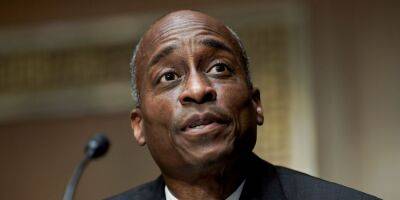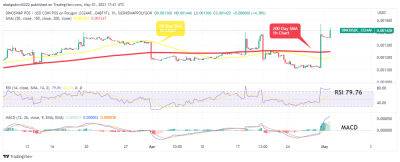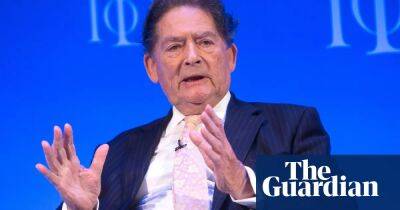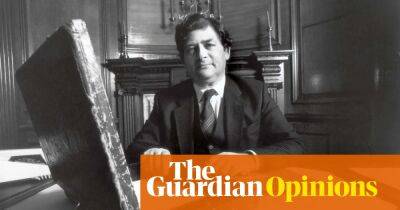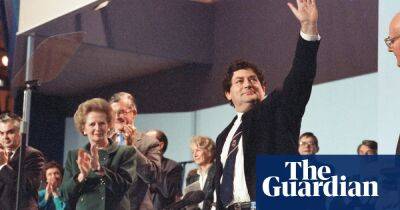How Nigel Lawson turned postwar economic consensus on its head
Enoch Powell famously said all political careers end in failure and that was certainly true of Nigel Lawson, whose death at 91 was announced on Monday. His six-year spell at the Treasury ended with the economy stricken by a classic British boom-bust cycle, which left unemployment at more than 3 million and record number of home repossessions.
That said, only a handful of chancellors have a lasting legacy when they leave office, and Lawson was one of them. Like Gordon Brown – another of the rare breed of politicians who made a difference – he had a clear idea of what he thought needed to be done to make the economy work more effectively and pursued his goals in a single-minded fashion.
Lawson set out his beliefs in his Mais lecture of 1984. In a speech that turned the postwar economic consensus on its head, Margaret Thatcher’s second chancellor said that traditionally macroeconomic policy (the big picture stuff involving interest rates and tax) had been designed to deliver growth and full employment, while micro-economic policy (the nitty-gritty stuff such as regulation and price controls) had been used to keep inflation in check.
He argued the reverse should be the case: the job of macroeconomic policy was to keep inflation in check while micro-economic policy should be used to boost growth and employment. The raft of supply-side measures he was prepared to use included the privatisation of nationalised industries, the big bang reforms of the City of London, and a relentless focus on cutting tax. His aim in each budget was not just to cut tax rates but to abolish them altogether.
And, for a while, all went well. Inflation – helped by a collapse in the oil price – came down to little more than 2% by 1986 and strong growth
Read more on theguardian.com
